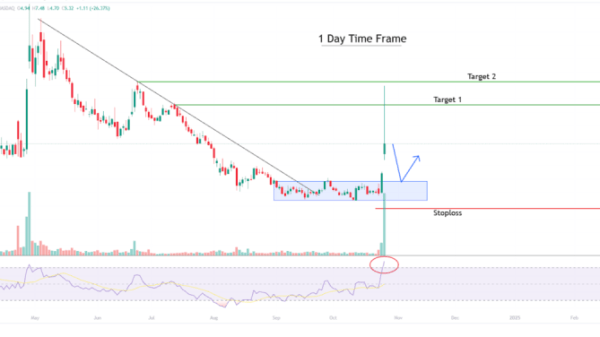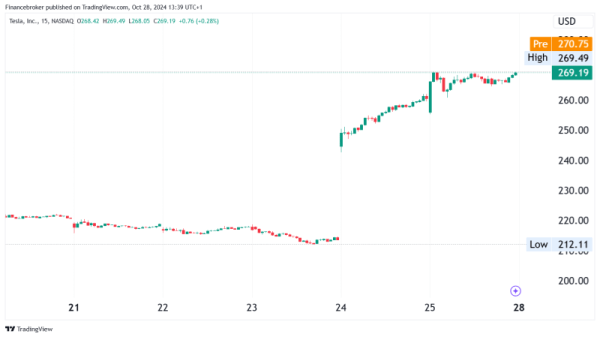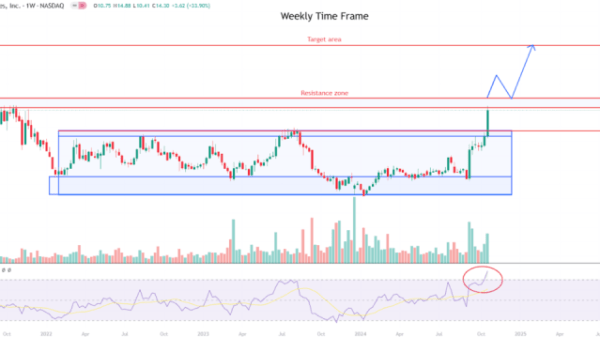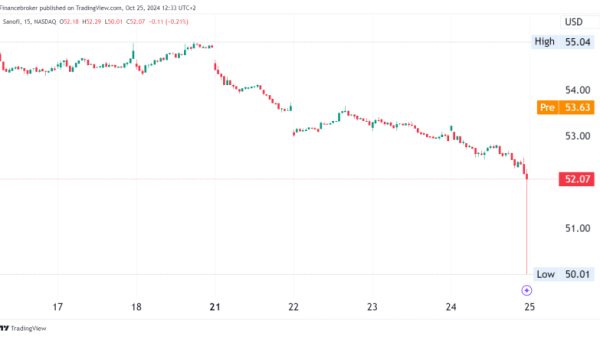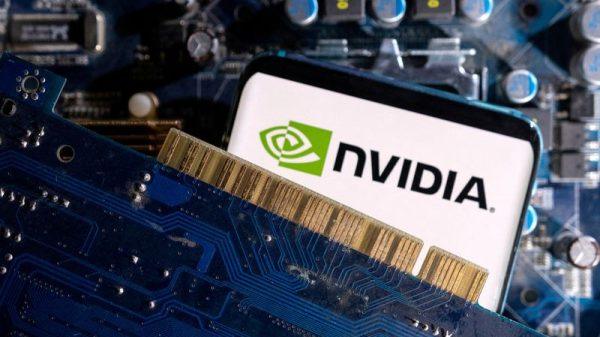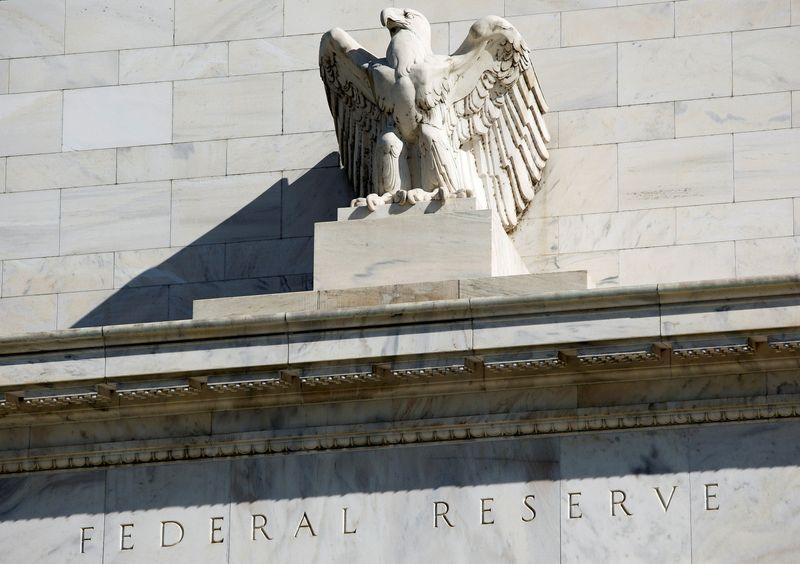By Gaurav Dogra and Patturaja Murugaboopathy
(Reuters) – Asian bond markets attracted overseas investments for the fifth consecutive month in September, though the pace of inflows slowed due to diminished expectations for further rate cuts by the U.S. Federal Reserve and caution ahead of U.S. elections.
Cross-border investors bought local bonds in Indonesia, India, Malaysia, South Korea and Thailand, totalling a net $4.99 billion, which was less than $14.09 billion worth of net purchases the prior month, data from regulatory authorities and bond market associations showed.
Analysts anticipate a further decline in flows into Asian bonds due to the recent strengthening of the U.S. dollar and the increase in U.S. bond yields this month.
The U.S. dollar index hit a two-month high of 103.397, this week, while the yield on U.S. 10-year notes reached a two-and-a-half-month high of 4.12% after strong jobs data and higher-than-expected September inflation reduced expectations for large Fed rate cuts.
Saktiandi Supaat, an analyst at Maybank, noted that near-term risks for emerging market currencies persist, with a potential win by Republican presidential candidate Donald Trump possibly triggering de-risking due to his tariff proposals, while a victory by Democrat Kamala Harris might support a global soft landing and gradual Fed rate easing.
In September, foreigners purchased a net $2.76 billion worth of South Korean bonds, less than half the amount received in the previous month, while Indonesian bonds attracted about $1.4 billion in overseas capital.
Additionally, foreigners pumped about $427 million, $253 million and $156 million respectively into Thai, Malaysian and Indian bonds last month.
However, analysts are optimistic about the inclusion of Asian bonds in global bond indexes, which should bolster inflows.
Indian government securities were added to JPMorgan’s Government Bond Index-Emerging Markets in June 2024 and will join Bloomberg Index Services’ Emerging Market Local Currency Index in January 2025.
Additionally, FTSE Russell will include South Korean government bonds in the World Government Bond Index and Indian bonds in the Emerging Markets Government Bond Index starting in November 2025 and September 2025, respectively.
“Hopefully, the KTB yields’ upward march could be somewhat offset by the capital inflow amid its inclusion into the WGBI Index. The changing rate cut expectations will particularly weigh on higher yielders like IDR rates,” said Samuel Tse, an analyst at DBS Bank.

